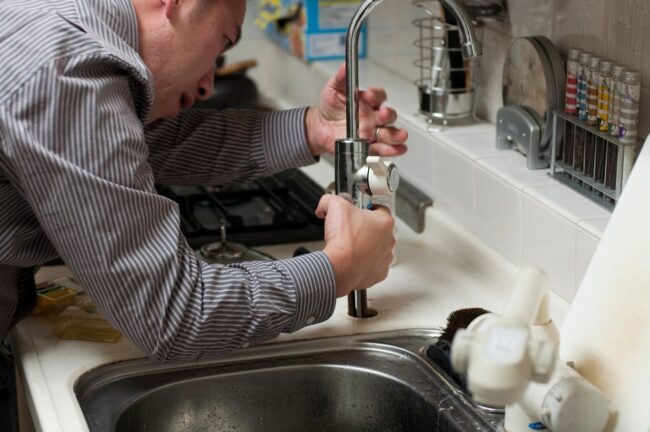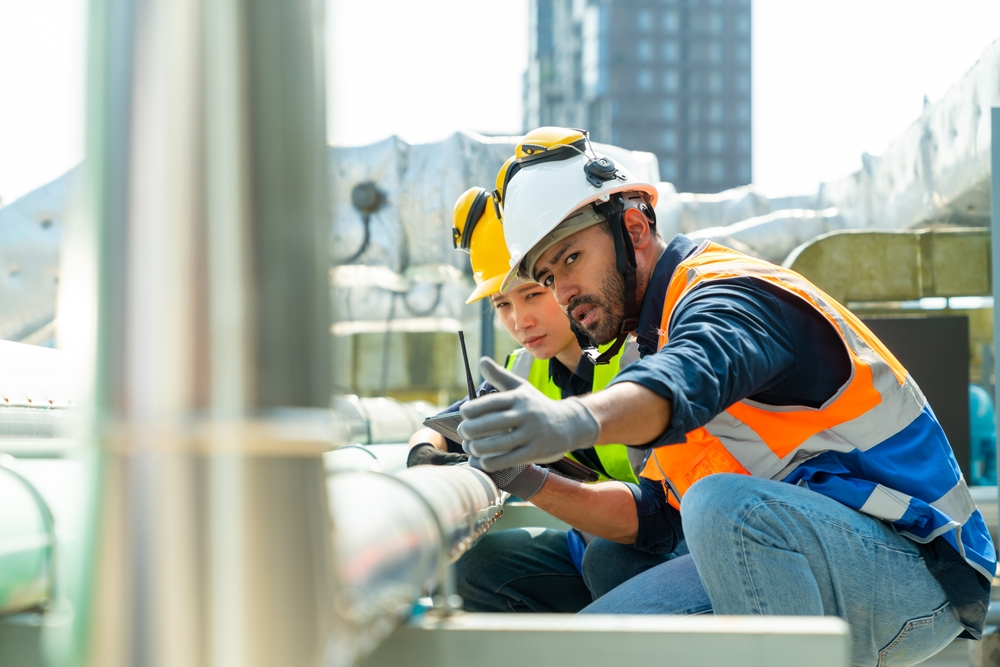
Dealing with the aftermath of a hurricane or flood can be overwhelming, especially when it comes to restoring your home’s plumbing system. Floodwater can cause extensive damage to pipes, drains, and fixtures, leading to costly repairs if not addressed promptly. Knowing how to approach plumbing repairs in the wake of a disaster is crucial for minimising damage and ensuring safety.
Seek Professional Help
One of the first steps to restoring your plumbing is contacting experienced professionals. Local experts, such as plumbers in Barnsley, can assess the extent of the damage and provide tailored solutions. They have the tools and knowledge to identify hidden issues, such as cracked pipes or blocked drains, that might not be immediately visible. By acting quickly and relying on skilled tradespeople, you can prevent further complications and restore your plumbing system to full functionality.
Inspect Your Plumbing System
Before attempting any repairs, thoroughly inspect your plumbing system for visible signs of damage. Look for cracks in exposed pipes, leaks, or areas where debris might have caused blockages. Pay special attention to basement plumbing, as it’s often the most affected area in a flood. If you notice any unusual smells or discolouration in your water supply, it could indicate contamination, which requires immediate attention.
Address Contaminated Water
Floodwater often contains harmful bacteria, chemicals, and debris that can contaminate your plumbing system. If your home’s water supply has been compromised, avoid using it for drinking, cooking, or bathing until it has been tested and deemed safe. You may need to flush your pipes or replace filters to eliminate contaminants. For these tasks, professional assistance is highly recommended to ensure thorough cleaning and safety.
Check for Structural Damage
Floods can weaken the structural integrity of your plumbing system, including pipes, joints, and fixtures. Look for signs of corrosion, warping, or loose connections. Damaged components should be repaired or replaced promptly to prevent leaks or bursts. Ensure that underground pipes are also inspected, as shifting soil can cause them to crack or dislodge.
Prevent Future Flood Damage
Once repairs are complete, take steps to protect your plumbing system from future flood damage. Installing backflow prevention devices, such as check valves, can prevent sewage from backing up into your home. Elevating critical plumbing components, such as water heaters and electrical connections, can also reduce the risk of damage in future flooding events.
Prioritise Regular Maintenance
Regular maintenance is key to keeping your plumbing system in good condition. Schedule routine inspections and servicing to identify potential issues before they escalate. Simple measures, such as cleaning gutters and drains, can help prevent water from accumulating around your home and reduce the likelihood of future plumbing problems.
Conclusion
Repairing your plumbing system after a hurricane or flood requires swift action and expert assistance. By enlisting the help of professionals like plumbers in Barnsley and following these steps, you can ensure your home’s plumbing is restored efficiently and effectively. Preparing for future events and prioritising regular maintenance will further safeguard your system, providing peace of mind during challenging times.

